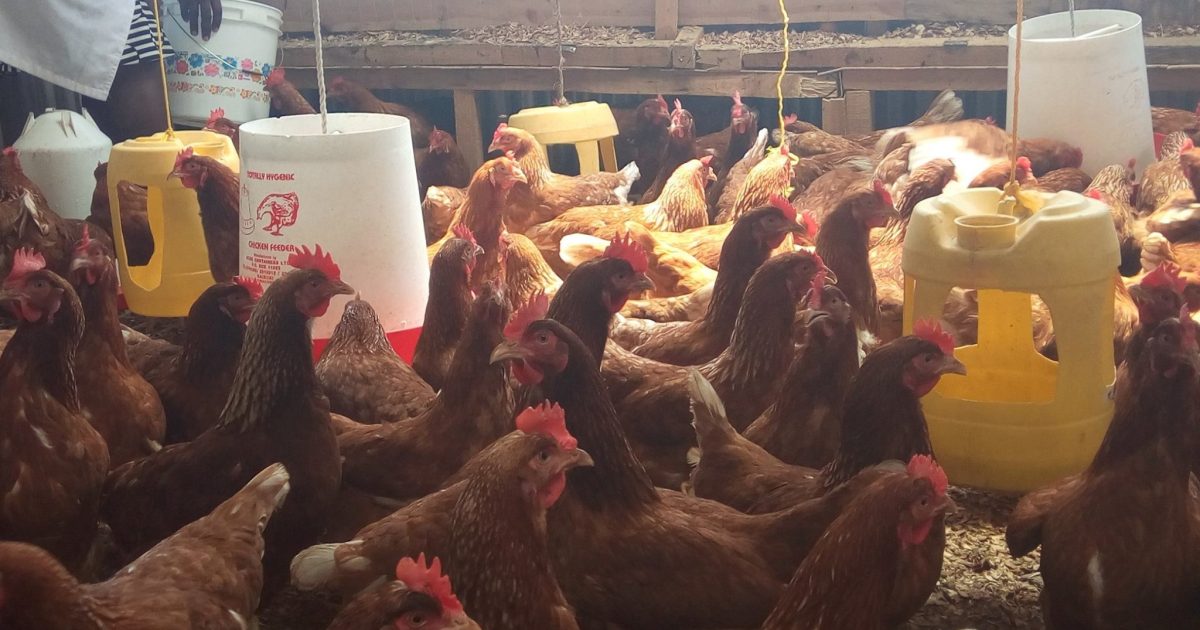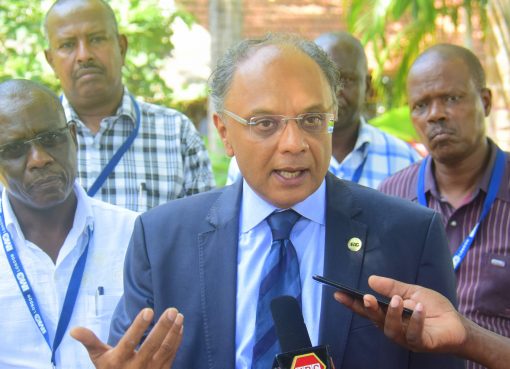Stakeholders in the animal feed industry are calling upon the government to allow them to import yellow maize in order to lower and sustain the price of feeds.
According to the Association of Kenya Feed Manufacturers (AKEFEMA), farmers continue to record low productivity because of the prevailing drought and the high cost of compounded feed.
“We request the government to publish the Gazette notice to allow duty free importation of raw materials as per the EU standards,” Martin Kinoti, Secretary General of AKIFEMA said Monday.
Speaking when giving the current status of the animal feed sector in Kenya, Kinoti explained that the price of animal feeds has increased to Sh400 from Sh300 per 70 kg bag in the last two weeks.
He that this has mainly been driven by the rising cost of maize which is a main raw material for feeds production with a bag of 90kg bag of maize now selling at Sh4,200 from less than Sh3000 at the same period last year.
“We are calling upon the Ministry of Agriculture to allow feed millers to buy maize being held at the National Cereals and Produce Board (NCPB) as Strategic Food Reserve at a subsidize rates in order to cushion farmers,” he said.
“We are also asking the government to also extend the importation period that had been set for one year through a gazette notice to three years by taking into account that the supply and demand disruptions caused by war in Ukraine and Russia who contribute nearly 30 percent of the grain traded globally are likely to last much longer,” he said.
On 10th December, 2021, the CS National Treasury published a Notice waiving import duty for gazette companies to import raw materials for exclusive use by feed manufacturers.
However, the Gazette notice strictly imposed a 100% non-GMO importation of raw materials unlike previous waivers that provided for the application of EU standards at 99.1 percent non GMO Standards.
In February this year, AKEFEMA had also petitioned the Agriculture CS to modify the Gazette Notice to order to conform to previous Notices allowing for 99.1 percent non-GMO importation of raw materials as per EU standards.
“This modification would automatically allow the millers to source the raw material which are readily available in the global market. In March 2022, the Working Committee convened and approved the proposal as an immediate measure to mitigate the dwindling source of raw materials. Unfortunately, as at Thursday 14th April 2022, the Notice has not been published and neither measure (s) have been undertaken to resolve the crisis in the livestock feed sub-sector almost a year since we raised the red flag,” the SG said.
Kinoti urged the government to really look at the feed industry and review taxation regime, provide subsidy for at least six months until the prices stabilize and the drought ceases.
Kiambu County Poultry Farmers Coop Society (KCPFCS) Zachary Munyambu said the country is currently engulfed in a grave economic crisis as egg producers and breeders of day-old chicks have started closing businesses.
“In Kiambu and Murang’a counties, poultry farmers have abandoned poultry farming and instead ventured into other economic activities citing unbearable cost of commercial feeds and still the new ventures are not rosy as effects of Covid-19 continue hammering the country’s economy,” he said.
Munyambu said that of the 700 farmer members of KCPFCS drawn from counties of Kiambu and Murang’a, 60 per cent of them have stopped poultry farming citing high cost of feed.
“Some farmers with as much as 10,000 birds’ population have stopped bird farming thus compounding their economic situation which might breed to other miseries such as insecurity and grinding poverty,” he noted.
The livestock sector in the country contributes about 15 percent of the GDP and employs 50 percent of the agriculture labour force. AKIFEMA says that if the current situation deteriorates, more animal feed millers and livestock farmers will continue to close business and as a result three of the Big Four Agendas objectives will be at sake including Food Security, manufacturing and health care.
By Wangari Ndirangu




